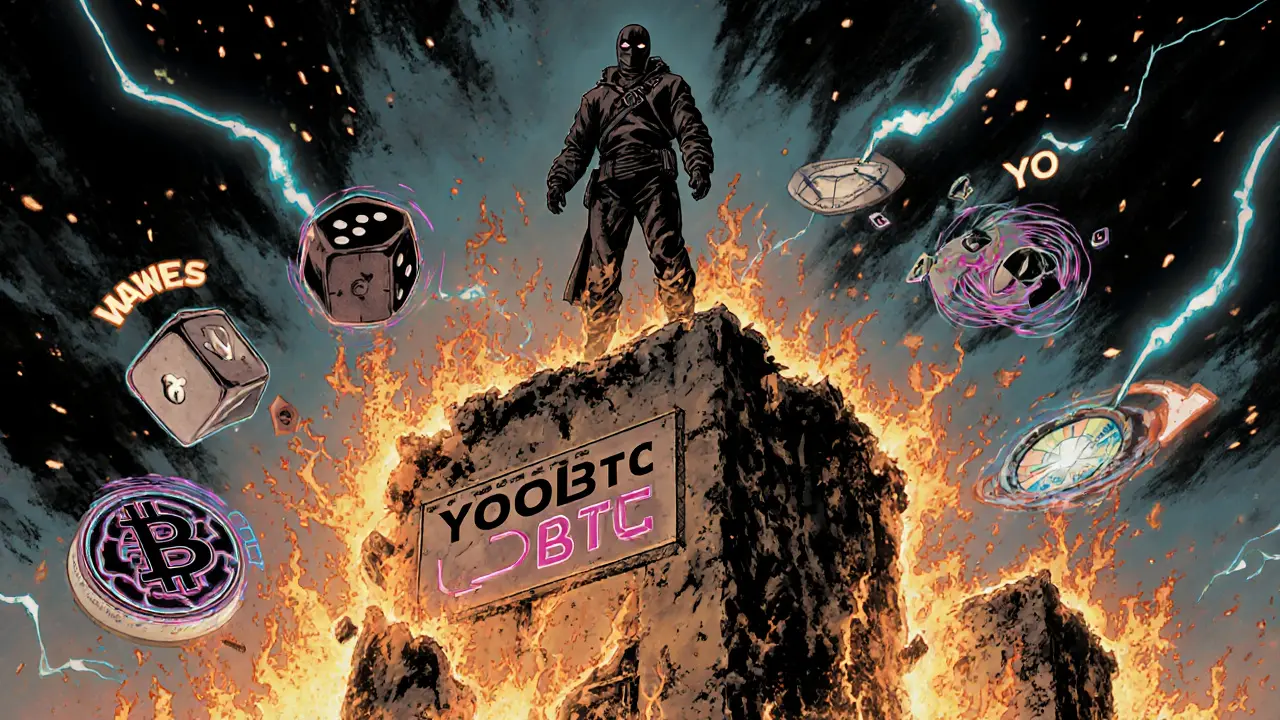When you hear YOOBTC crypto exchange, a platform that claims to offer decentralized trading with low fees and high liquidity, you might think it’s just another new player in the crowded crypto space. But here’s the truth: there’s no verified record of YOOBTC ever operating as a real exchange. No domain history, no user reviews, no liquidity data, no team members, no support channels. It’s a ghost name—used in phishing links, fake social media ads, and scam airdrop pages. This isn’t an overlooked startup. It’s a red flag wrapped in a fake website.
Scammers love using names like YOOBTC because they sound close to real exchanges—Binance, OKX, KuCoin. They borrow credibility by mimicking branding, then vanish once you deposit. The same pattern shows up in posts about Burency Global, a platform with zero trading volume and no regulatory proof, or Winstex, a crypto exchange that went offline with no users and no token circulation. These aren’t coincidences. They’re tactics. If a platform doesn’t show up on CoinGecko, CoinMarketCap, or any credible exchange comparison site, and you can’t find a single independent review from a real user, it’s not a risk—it’s a trap.
What makes these fake exchanges dangerous isn’t just lost money. It’s the false hope they sell. People think they’re getting early access to high-yield staking or exclusive token sales. Instead, they’re handing over keys to wallets that never recover. Real exchanges like BitMEX, a long-standing derivatives platform with deep Bitcoin liquidity, may be complex, but they have track records, legal disclosures, and active communities. Even platforms that shut down—like Bitfront, a now-defunct U.S.-focused exchange—left behind public records, user discussions, and clear reasons for their closure. YOOBTC leaves nothing but silence.
So what should you do when you see YOOBTC pop up? Don’t click. Don’t search for "how to sign up." Don’t even Google it expecting answers. Block it. Report it. And if you’ve already interacted with it, assume your funds are gone and move on. The real work isn’t chasing phantom exchanges—it’s learning how to spot them before they catch you. Below, you’ll find deep dives into exchanges that actually exist, scams that look real, and the red flags that separate the legitimate from the lethal. This isn’t about one fake platform. It’s about protecting yourself in a space full of them.

YOOBTC doesn't exist as a verified exchange - this review covers YoBit, a no-KYC crypto platform with 3,900+ trading pairs, gamified features, and no mobile app. Perfect for experienced traders, risky for beginners.